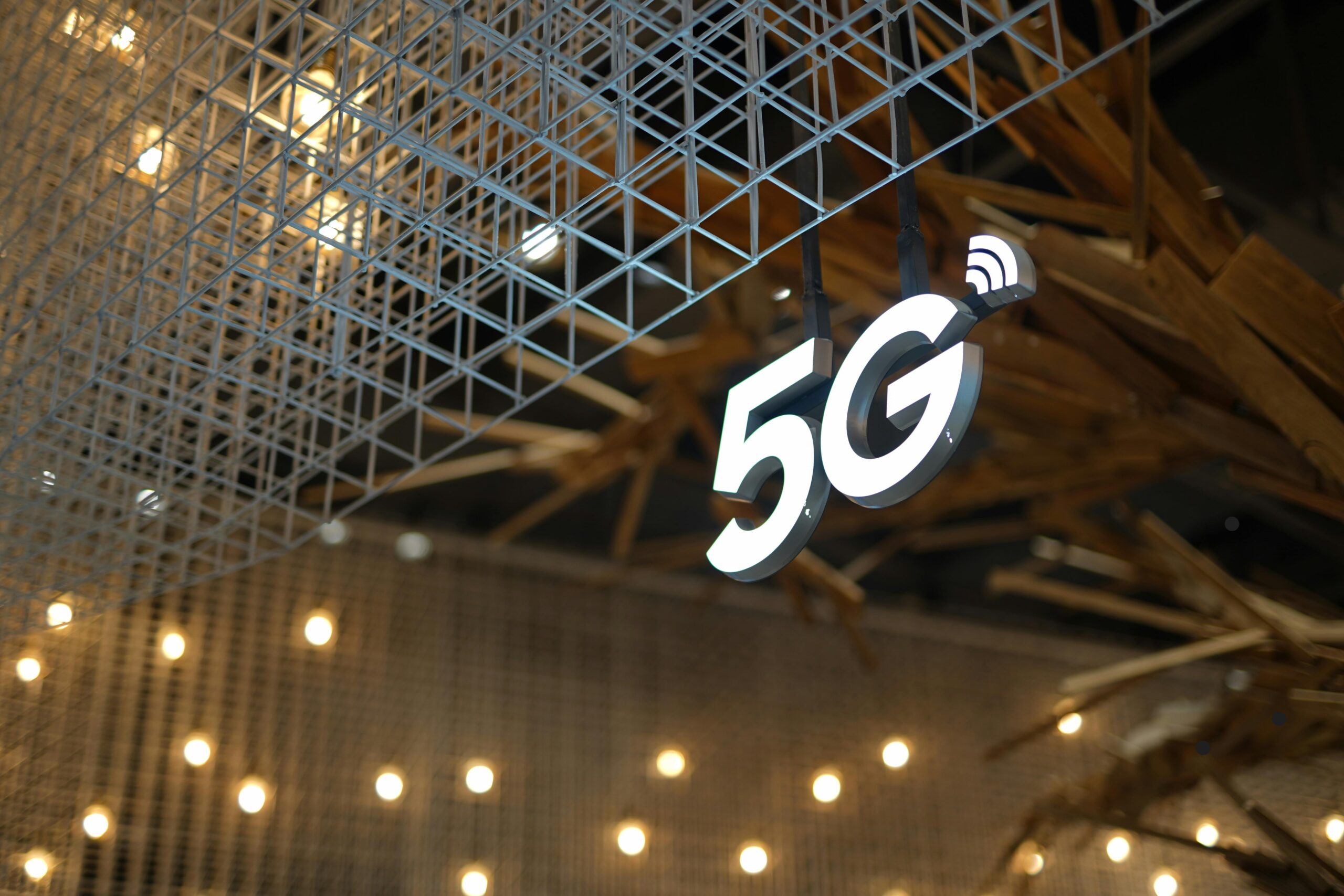The world is on the brink of a technological revolution with 5G technology: accelerating the future of mobile computing. This groundbreaking advancement promises to transform the way we connect, communicate, and interact with the digital world. As the fifth generation of wireless technology, 5G is not just an incremental improvement but a quantum leap in mobile connectivity, promising speeds and efficiencies that were once the stuff of science fiction.
The Evolution and Impact of 5G Technology
What is 5G Technology?
5G, or fifth-generation technology, represents the latest advancement in mobile network technology, following the previous generations known as 1G, 2G, 3G, and 4G. Each generation brought significant improvements. However, 5G technology: accelerating the future of mobile computing, is poised to offer unprecedented speeds, lower latency, and the ability to connect a massive number of devices simultaneously.
Key Features of 5G Technology
- High Speed: 5G networks are expected to deliver data speeds up to 10 Gbps, which is 100 times faster than 4G. This means downloading an HD movie can take mere seconds.
- Low Latency: Latency refers to the delay before a transfer of data begins following an instruction. 5G aims to reduce latency to as low as 1 millisecond, enabling near-instantaneous communication.
- Massive Device Connectivity: 5G can support up to a million devices per square kilometer, facilitating the growth of the Internet of Things (IoT).
- Enhanced Capacity: With greater bandwidth, 5G can handle more devices and higher volumes of data without congestion.
- Improved Reliability: The network is designed to offer consistent and reliable connections, crucial for applications like autonomous driving and remote surgery.
The Role of 5G in Mobile Computing
The advent of 5G technology: accelerating the future of mobile computing, will significantly impact mobile computing in several ways:
- Enhanced Mobile Experiences: Users will enjoy seamless streaming of ultra-high-definition videos, immersive augmented and virtual reality experiences, and more efficient cloud computing services.
- IoT Proliferation: The ability to connect millions of devices simultaneously will lead to the proliferation of smart devices, from home appliances to industrial sensors.
- Smart Cities: 5G will enable the development of smart cities with enhanced traffic management, improved public safety, and efficient energy usage.
- Autonomous Vehicles: With low latency and high reliability, 5G is critical for the development and operation of autonomous vehicles, which require real-time data processing and communication.
- Healthcare Innovations: Telemedicine, remote surgery, and real-time patient monitoring will become more effective and widespread with 5G’s capabilities.
5G Technology: Accelerating the Future of Mobile Computing in Various Industries
Healthcare
The healthcare sector stands to benefit immensely from 5G technology. Remote patient monitoring, real-time data transmission, and telemedicine can become more reliable and efficient. Surgeons can perform operations remotely using robotic instruments controlled over a 5G network, while wearable devices can continuously monitor patients’ vital signs and transmit data instantly to healthcare providers.
Automotive Industry
Autonomous driving is perhaps one of the most talked-about applications of 5G. Self-driving cars require rapid and reliable communication with each other and with traffic management systems to operate safely. 5G’s low latency and high reliability make it the ideal network for this purpose, paving the way for safer and more efficient transportation systems.
Manufacturing
In the manufacturing sector, 5G can enable smarter factories with interconnected machines and real-time monitoring. This can lead to increased efficiency, reduced downtime, and more flexible manufacturing processes. Robots and other automated systems can communicate and coordinate more effectively, improving productivity and reducing costs.
Entertainment and Media
The entertainment and media industries will also see significant changes. 5G will make it possible to stream high-quality video content with minimal buffering, provide immersive VR and AR experiences, and enable cloud gaming with low latency. This will enhance the consumer experience and open up new opportunities for content creators and service providers.
Education
In education, 5G can support more interactive and engaging learning experiences. Virtual classrooms, real-time collaboration, and access to vast resources and simulations will become more practical and widespread. Students and educators will benefit from the ability to connect and interact without the limitations of current technology.
Conclusion
5G technology: accelerating the future of mobile computing, is set to revolutionize various aspects of our lives and industries. Its high speed, low latency, and massive device connectivity will drive innovations and efficiencies across multiple sectors. As we transition into this new era of connectivity, the possibilities seem limitless, promising a future where technology integrates seamlessly into every aspect of our daily lives.
FAQs
Q: What makes 5G technology different from 4G?
A: 5G offers significantly higher speeds, lower latency, and the ability to connect more devices simultaneously compared to 4G. These improvements enable new applications and more efficient network usage.
Q: How fast is 5G compared to 4G?
A: 5G can reach speeds up to 10 Gbps, which is about 100 times faster than 4G’s maximum speed.
Q: What is latency, and why is it important in 5G?
A: Latency is the time it takes for data to travel from one point to another. In 5G, latency can be reduced to as low as 1 millisecond, allowing for real-time communication and applications like autonomous driving and remote surgery.
Q: Will 5G replace Wi-Fi?
A: While 5G offers many advantages, it is unlikely to replace Wi-Fi entirely. Instead, 5G and Wi-Fi will coexist, each serving different purposes and complementing each other in various environments.
Q: How will 5G impact the Internet of Things (IoT)?
A: 5G’s ability to connect a massive number of devices simultaneously will drive the expansion of IoT, enabling more smart devices and applications in homes, cities, and industries.




